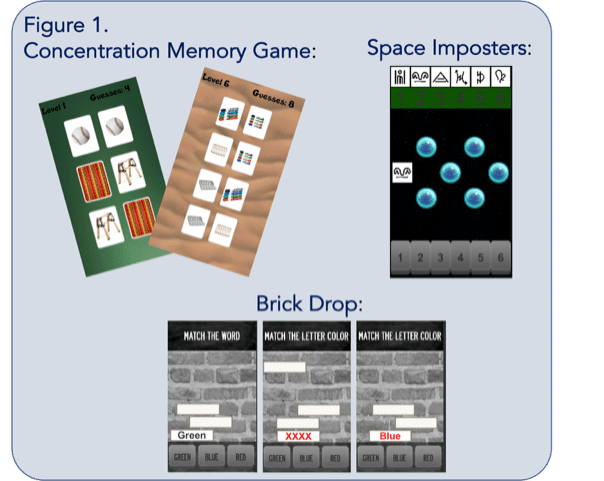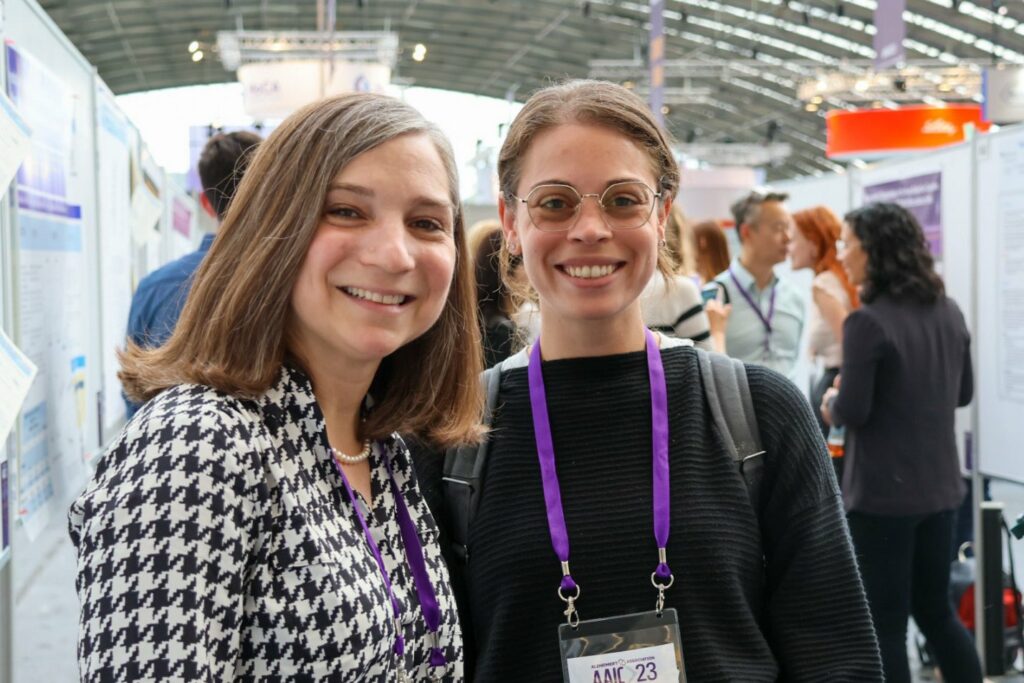
By Meghan McCarthy
The list of smartphone capabilities seems limitless. Apps can capture anything from photographs and locations to daily step counts and heart rate variability (HRV).
In an era of digitalization, researchers and clinicians at the Penn Memory Center (PMC) are turning to app-based innovations to improve dementia diagnostic and care methods.
When patients experience a change in their memory and cognition, they often undergo cognitive testing as part of their diagnostic process.
Cognitive tests examine a patient’s memory, language, perception, and concentration. At PMC, common cognitive tests include the Mini-Mental Status Exam, Montreal Cognitive Assessment (MoCA), object naming, clock drawing, and list learning and recall. These can be paper-and-pencil tests that include oral and written questions and answers.
While very helpful, these tests can be limited in their reliability because they only measure patient abilities at one moment. What if the patient was highly anxious? Hungry? More, or less, alert than usual?
In a new study, Dawn Mechanic-Hamilton, PhD, ABPP/CN, director of cognitive fitness programs and neuropsychological services at the PMC, is exploring the possibility of digital cognitive assessments through the creation of an app called the mobile cognitive app performance platform (mCAPP).
While not aimed to replace traditional methods, app-based remote testing may provide clinicians with more information than traditional cognitive testing.
“You usually just get that one shot, so their cognitive test may not be representative of how they perform on other days,” said Dr. Mechanic-Hamilton. “Remote testing allows you to take many samples, so you can really track an individual’s baseline and change over time.”
The mCAPP is aimed at identifying cognitive impairment early in the disease process.
Working with healthy adult participants, the app has three different types of games.
“We chose these types of games because they probe different areas of cognition,” said Dr. Mechanic-Hamilton. “One is primarily a memory game, and the other two test for processing speed and executive functioning skills.”

Three mCAPP games
Intentionally designed, the games are sensitive to the earliest changes in the brain for individuals who have cognitive impairment due to Alzheimer’s disease (AD).
In her study, Dr. Mechanic-Hamilton has participants use the app in her lab and at home during a two-week test period.
Right now, her team is focused on looking at the reliability and usability of the games. Primary considerations, for example, include crafting games that are inclusive and accessible.
“Differences amongst socioeconomic demographics have an impact,” said Dr. Mechanic-Hamilton. “Words and pictures are bound to culture, which is a challenge for any type of cognitive performance test.”
In her pilot study of 60 patients, the team found that the app was user-friendly.
Dr. Mechanic-Hamilton’s preliminary analyses have shown a correlation between the mCAPP tests and traditional tests. As the app develops, she will continue to compare patients’ routine test results to those from the app.
“The real question is, over time, are we going to see variability and changes in cognition that we can’t get with paper and pencil methods, but that can be detected with mCAPP or similar digital tools?” said Dr. Mechanic-Hamilton.

Penn Memory Center’s Dawn Mechanic-Hamilton, PhD, ABPP/CN, director of cognitive fitness programs and neuropsychological services, is joined by Leah Fein, MPH, MSW, LSW, associate director of social work, at the 2023 Alzheimer’s Association International Conference.
The team plans to test the app with patients with subjective cognitive concerns and those with mild cognitive impairment (MCI).
This comes with its own set of challenges, such as collaborating with care partners on ways to ensure participants remember and follow through with using the app.
Ultimately, Dr. Mechanic-Hamilton envisions several uses for digital cognitive assessments.
“I can imagine this in the clinical space, where patients complete the test for a week or two at home before seeing their primary care provider (PCP) for an annual visit,” said Dr. Mechanic-Hamilton. “It could bridge referrals to specialists and be used in other populations outside of memory-related diseases.”
Dr. Mechanic-Hamilton and her team presented current study findings at this year’s Alzheimer’s Association International Conference (AAIC).
For more information on Dr. Mechanic-Hamilton’s study, please click here.